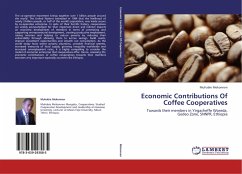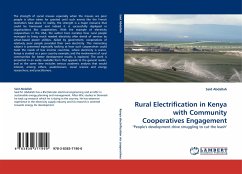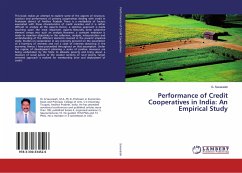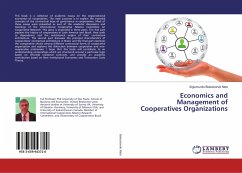The co-operative movement brings together over 1 billion people around the world. The United Nations estimated in 1994 that the livelihood of nearly 3 billion people, or half of the world's population, was made secure by co-operative enterprise. In spite of their horrific history, cooperatives are widely acknowledged for their important direct and indirect impacts on economic development of members in terms of promoting and supporting entrepreneurial development, creating productive employment, raising incomes and helping to reduce poverty by reducing their vulnerability through allowing them to accrue savings, build assets, improve investment opportunities and smooth out consumption. As the world today faces severe poverty situations, unstable financial systems, increased insecurity of food supply, growing inequality worldwide and increased unemployment rates, it is highly compelling to consider the model of economic enterprise that cooperatives offer. Hence, assessing the economic contributions of coffee cooperatives towards their members becomes very important especially countries like Ethiopia.
Bitte wählen Sie Ihr Anliegen aus.
Rechnungen
Retourenschein anfordern
Bestellstatus
Storno








